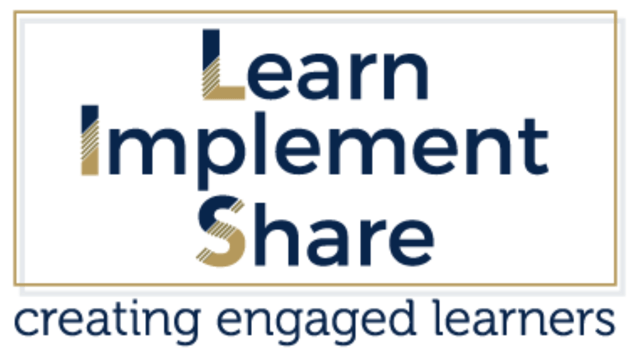Your Fostering Student Agency Comment ...
Note: This page is also used in a different, related PD.
Share your perspective on the importance of presenting mathematics in ways that foster student agency ...
Some past comments ...
|
Alaeze Ugoala
The concept of mathematical agency is one I am curious to delve into more as this course continues. While I agree that students benefit from higher levels of engagement when they feel an ownership of their learning, this system of learning I feel risks misconceptions in core skills. As a trainee teacher my biggest challenge was always medium and long-term planning. Structuring a sequence of lessons was difficult, because it was hard to identify where and when problems would occur. As I have developed as a teacher, I have grown more adept at identifying potential pitfalls, but they are not always clear to students. I have seen excellent lessons in Humanities and language subjects where students are allowed a wide degree of independence and agency, but Maths is slightly different in its structure because it builds on prior learning in quite a defined way. For example, certain techniques which might be effective at one level of algebraic development can prove catastrophic if carried on to more complex questions. Richard Great post Alaeze and I thank you for your honesty. Your concerns are understandable. All I can advise is to 'stay the journey'. In a decade of running PDs on this theme and having many teachers with similar concerns, I've never had someone not lose their concerns by the end. |
David Slade
I consider student agency to be a fantastic idea but, for a teacher, it can be a somewhat scary idea. I hate to generalise but, teachers like control and it is often hard to let go. I've experienced this with units in subjects other than maths, where the teacher tries to increase student agency by asking the students what they would like to find out, but then proceeds to teach what's on the curriculum, purely through fear of not ticking off those objectives. Looking at the different classroom scenarios, I feel that mine would be 'close enough is good enough.' However, I could see a couple of elements in others as well. Generally, I look to build a rapport with my students and I see the benefits of that. However, I often feel that my good rapport and general enthusiasm during lessons is a bit of a cover for some of my other defects as a teacher! Teachers who are mindful of their areas for development are always like to progress. In my early career, I got to a point where I thought I knew everything, and, at that point, I obviously stopped progressing (and my passion for teaching died a little!). When my boss polite reminded me that I didn't know everything, I took that on board, began reading again and started enjoying teaching again. I am always thankful for that difficult chat - although I think he fooled me with a fake Dunning-Kruger Graph! Richard David, apologies for missing your post 20+ days ago. Great post. Re your first comment and 'but then proceeds to teach what's on the curriculum, purely through fear of not ticking off those objectives' ... my point is you can increase agency AND focus on the curriculum. It is tragic the curriculum is so full of content but it is what it is. Agency can nevertheless be encouraged (and it doesn't have to be completely open-ended). Re your other comments, your honesty is refreshing. |
Joseph Bailie
I like the idea of student agency, to give them a 'stake' in the classroom and encourage independence as well as motivation. Admittedly, from the 6 Typical Classrooms, I'd say I identify as 'Close enough is good enough' but I am aware of my shortcomings in this scenario. I think part of 'path to success' is the role I play and looking forward to challenging my classroom scenario.
Richard
Great to hear Joseph (and great to see you managed to log in!) Yes, shifting from 'close enough' to 'is this the best I can do' is a challenge but a worthy pursuit! Enjoy!
I like the idea of student agency, to give them a 'stake' in the classroom and encourage independence as well as motivation. Admittedly, from the 6 Typical Classrooms, I'd say I identify as 'Close enough is good enough' but I am aware of my shortcomings in this scenario. I think part of 'path to success' is the role I play and looking forward to challenging my classroom scenario.
Richard
Great to hear Joseph (and great to see you managed to log in!) Yes, shifting from 'close enough' to 'is this the best I can do' is a challenge but a worthy pursuit! Enjoy!



